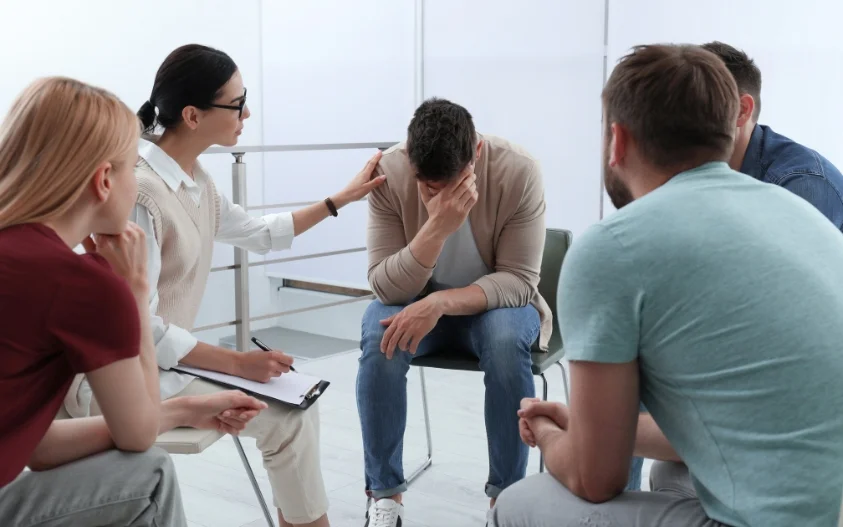24/7 Helpline:
(866) 899-111424/7 Helpline:
(866) 899-1114
Learn more about PTSD Treatment centers in Clayhole
PTSD Treatment in Other Cities

Other Insurance Options

Access to Recovery (ATR) Voucher

Holman Group

Optima

Excellus

Health Net

Multiplan

Providence

Medical Mutual of Ohio

Group Health Incorporated

MVP Healthcare

Optum

Meritain

ComPsych

American Behavioral

Magellan

Highmark

GEHA

United Health Care

Kaiser Permanente

Anthem













